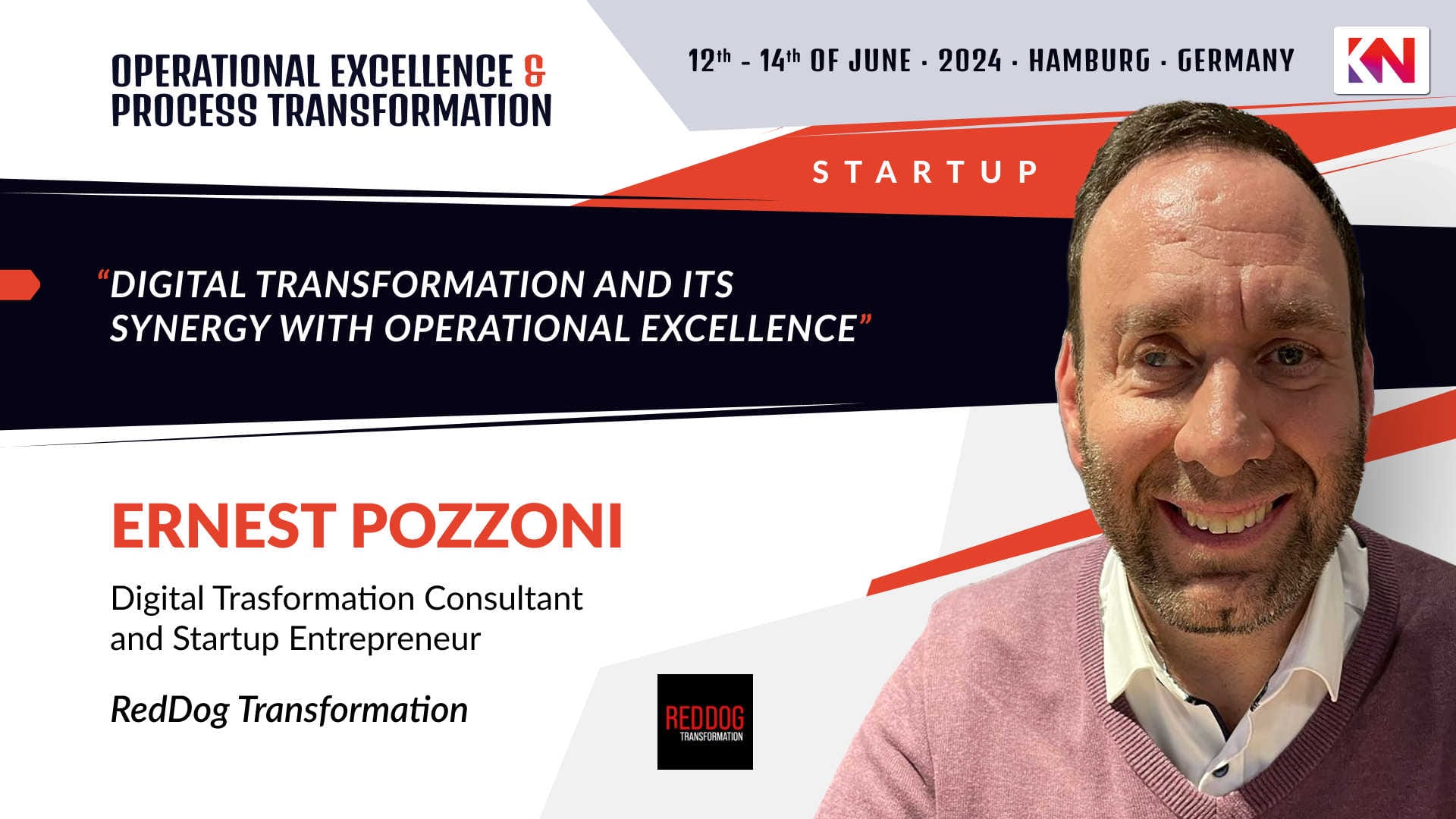A Road Map for a Sustainable Open Source Transformation Framework at North Kesteven District Council. An RTD Initiative.

The UK government has recognised the critical role of OSS in fostering transparency, flexibility, and accountability. The Technology Code of Practice (TCoP), published in 2019, urges organisations to embrace open approaches and utilise OSS. This shift reflects the government's commitment to best practices, aiming to deliver top-notch services to residents and businesses. The subsequent guidance, effective from July 2021, further reinforces this direction, advocating for OSS adoption and the publication of source code for newly crafted software (https://www.gov.uk/guidance/be-open-and-use-open-source).
With over 15 years of collaboration with EU public and private organisations, RedDog Transformation (RDT) stands as a trusted partner for those navigating the complexities of change. Our expertise lies in guiding entities through their unique digital journeys, empowering them to harness the full potential of people. Today, we shine a spotlight on our collaboration with North Kesteven District Council (NKDC), a forward-thinking local government in Lincolnshire, England.
Founded in 2002, NKDC embodies a set of core values that guide their daily operations: professionalism, high performance, honesty, teamwork, and a people-focused approach. With their NK Plan 2023-2028, they have set their sights on key areas such as economy, housing, environment, social welfare, education, and council administration. NKDC's digital transformation journey is an ambitious one, aiming to improve services, enhance efficiency, and boost accessibility for both citizens and employees across all departments. And that's where RDT comes in!

Our partnership with NKDC began with the initiation phase, where together we strategically planned their unique digital transformation journey. We introduced a bespoke Lean Deployment framework-recognised as the optimal blueprint for their transformation-as the tailor-made for their specific needs. During the Strategy Deployment phase, we collaborated to present a compelling proposition: a significant reduction of £94,926.65 in IT licences. in IT license expenses through a deduplication initiative. As NKDC moves forward into phase 2, our digital lean deployment framework offers a clear path to build upon initial successes and hypothetically explore the exciting world of OSS full integration.
As a first step to that scenario for the council, RDT-in invaluable collaboration with the University of Hull-employed their capabilities to make a comprehensive research, aiming to design a road map for the creation of a sustainable OSS transformation framework tailored for NKDC.

A three-pronged methodology was applied: a tailored questionnaire, OSS options identification, and the Navica Open Source Maturity Model (N-OSMM) assessment. The questionnaire, designed to gauge NKDC personnel's perceptions and adaptability, revealed a pragmatic and mature approach, well-aligned with OSS principles. The OSS options identification process leveraged qualitative analysis and transparent open source AI tools to curate a list of viable alternatives. The N-OSMM assessment, adapted to the research requirements, provided insights into the suitability and maturity of OSS options.
The questionnaire outcomes reflected a positive mindset among NKDC staff, compatible with OSS principles. Their priorities included stability, cybersecurity, performance, and a customer-centric approach. While staff exhibited a willingness to embrace change and learning, responses suggested the need for careful change management and support during transitions.

The research design allowed us to deeply understand NKDC's software ecosystem and the potential for OSS adoption. Questionnaire outcomes reflected a positive mindset among staff, compatible with OSS principles. Their priorities included stability, cybersecurity, performance, and a customer-centric approach – values that align seamlessly with the OSS community. While staff were open to change and learning, responses also highlighted the importance of careful change management and comprehensive support during transitions.

As we delved into the research findings, a beautiful symbiotic relationship emerged between strengths and red flags. NKDC's pragmatic and mature approach perfectly complemented the dynamic nature of the OSS community, especially in their shared focus on stability, security, and continuous improvements. The customer-centric mindset of NKDC staff was further reinforced by the specialised domains identified in OSS options, showcasing the community's dedication to user education and accessibility.

However, red flags also provided valuable opportunities for improvement. Ambiguity in data privacy preferences and the need for comprehensive change management highlighted areas where NKDC could enhance documentation standards, promote transparency, and ensure a seamless transition for staff.

To guide NKDC's sustainable OSS transformation, we outlined a multi-phase roadmap, integrating academic theories and empirical insights:
- Phase 1: Preparation and Planning – Emphasising strategic alignment and community engagement, this phase leverages NKDC's pragmatic mindset and the dynamic nature of the OSS community. By addressing data privacy concerns through education and clear documentation standards, NKDC sets the foundation for a smooth transformation.
- Phase 2: Strategic Implementation – Here, NKDC prioritises stability, security, and citizen satisfaction to enhance the sustainability and effectiveness of OSS solutions. By tapping into the expertise and resources of the broader OSS community, they can address gaps in training and professional services, ensuring comprehensive solutions.
- Phase 3: Continuous Improvement – Establishing robust feedback mechanisms, NKDC continuously monitors and refines OSS implementations. Active participation in the OSS community fosters a culture of contribution and shared insights.
- Phase 4: Change Management – Comprehensive change management strategies are implemented to address varied comfort levels with new software practices. Maintaining a customer-centric mindset ensures that OSS solutions meet the expectations of both staff and citizens.
- Phase 5: Sustainability and Evolution – NKDC establishes a long-term vision for OSS sustainability, staying agile and adaptable to leverage the latest OSS features and innovations. Priority assessments reduce reliance on proprietary solutions, fostering a truly sustainable transformation.

Through our partnership with NKDC, RefDog Transformation has demonstrated the transformative power of OSS in local governments. By following the multi-phase road map, NKDC is well-positioned to initiate and navigate its OSS transformation journey successfully.
This collaboration exemplifies our commitment to empowering organisations to embrace digital change, enhance service delivery, and create a brighter future. By prioritising a seamless journey for operators and citizens, we aim to make the transformation process as smooth as possible while unleashing their human potential.
RedDog Transformation—Go Digital. Be Human.
Related Blogs:
- [Case Study] British Councils: Shaping the British Digital Future: https://reddogtransformation.ghost.io/british-councils-shaping-the-british-digital-future-a-case-study/



